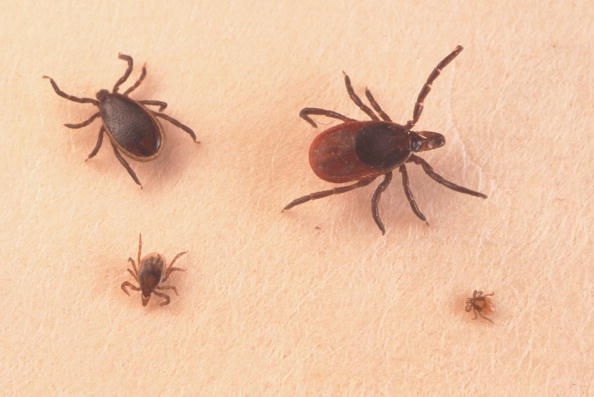
Federal Tick-borne Diseases Working Group Update
IDSA continues to closely monitor the US Department of Health and Human Services (HHS) Tick-borne Diseases Working Group and to offer expert comments. IDSA member Robert Smith MD, MPH, Director and Co-Founder, Vector-Borne Disease Laboratory, Maine Medical Center Research Institute; Director, Division of Infectious Diseases, Maine Medical Center serves on the Working Group and is an important voice for evidence-based approaches to Lyme disease prevention, diagnosis and treatment that best serve patients and public health.
On May 10 the Working Group held a public webinar to receive recommendations from subcommittees. The recommendations cover surveillance, prevention, diagnosis, treatment, access to care, vaccines and therapeutics. Included in the recommendations are some sound ideas such as: more research to inform effective prevention strategies, investment in improved diagnostics, and research to better understand why some patients experience persistent symptoms following Lyme disease and how to best ease their suffering. However, there were also many proposals of great concern to IDSA including altering clinician education to encourage over diagnosis and over treatment of Lyme disease and research to support the existence of chronic Lyme disease and long-term antibiotic treatment. Unfortunately, stakeholders were given only a few days to review the hundreds of pages of subcommittee materials and recommendations and submit comments. IDSA’s comments on the subcommittee recommendations are available here.
The Working Group met again on May 15-16 to review the subcommittee recommendations, determine areas of agreement as well as areas of controversy among the Working Group members and to discuss the Working Group’s process for developing its report to Congress and the Secretary of HHS, due at the end of the year. Key areas of agreement included the need for better prevention strategies and improved diagnostic tests, the need to better understand what causes persistent symptoms, and improved surveillance including standardized reporting across states. These topics are expected to be among the Working Group’s recommendations to Congress and HHS. The Working Group identified many more areas of disagreement including use of terminology such as chronic Lyme disease and Post Treatment Lyme Disease Syndrome, appropriate diagnosis criteria and use and interpretation of diagnostic tests, the importance of a vaccine and feasibility of developing a safe and effective vaccine, and treatment guidelines, including the role of the federal government in promoting guidelines and the role of guidelines in patient care and insurance coverage determinations. The Working Group is planning to explain some of these controversies and offer minority opinions in its report as feasible.
Stakeholders have another opportunity to provide feedback to impact the Working Group’s report by July 1, and IDSA intends to once again submit comments. Federal agencies including the CDC, NIH, FDA, DoD and VA will have the opportunity to review the Working Group’s report in the fall before it is officially submitted to Congress and HHS. IDSA will continue to monitor the Working Group’s activities and weigh in as appropriate.

